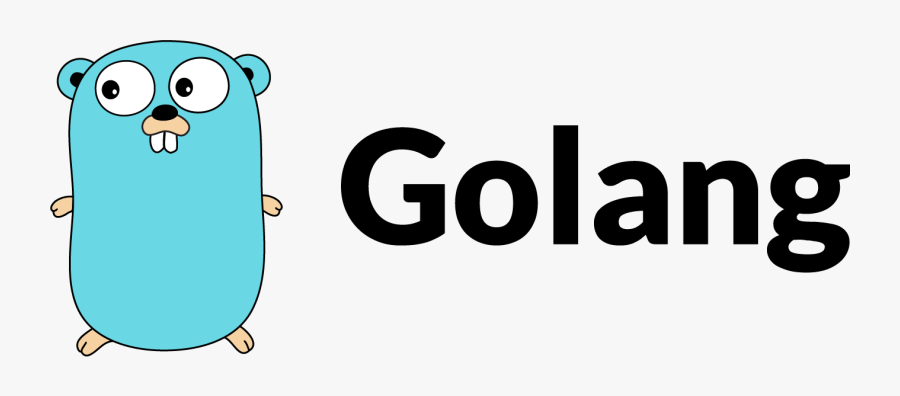Creating a JSON Patch endpoint in Go

JSON Patch is a well-defined format for performing updates to HTTP objects, which allows you to avoid needing to design your own means for performing partial changes.
As I've been recently looking at setting up a Go API with JSON Patch, I wanted to explore options for making this more straightforward.
Fortunately, evanphx/json-patch makes it a breeze, allowing us to convert the request body into a JSON patch object, and then we can apply it to our object.
Inside our HTTP handler, we can
func AccountsPatchHandler(w http.ResponseWriter, r *http.Request) {
// ...
body, err := io.ReadAll(r.Body)
// handle err
patch, err := jsonpatch.DecodePatch(body)
// handle err
// this would be retrieved by i.e. a Service or Repository tier object
domainModel := Account{
ID: "1",
Email: "example@example.com",
}
// then we map it into the type that's expected by our HTTP consumers
current := AccountRepresenation{
ID: domainModel.ID,
Email: domainModel.Email,
}
// marshal it to JSON, to be able to the patch
currentBytes, err := json.Marshal(current)
// handle err
modifiedBytes, err := patch.Apply(currentBytes)
if err != nil {
w.Write([]byte(err.Error()))
w.WriteHeader(http.StatusBadRequest)
return
}
var modified AccountRepresenation
err = json.Unmarshal(modifiedBytes, &modified)
// handle err
// perform business logic checks
if modified.ID != current.ID {
w.WriteHeader(http.StatusUnprocessableEntity)
w.Write([]byte("The ID field cannot be modified"))
return
}
// we'd then usually persist the data here
// but in this example, we don't have a way to
// and we need to make sure that when returning the re-marshalled model, as if we return `modifiedBytes`, we could end up with unsupported fields being returned
outBytes, err := json.Marshal(modified)
_, _ = w.Write(outBytes)
This makes it quite convenient to be able to perform the patch, meaning we simply need to handle any business logic around the updates, and converting between data types.
The full code can be found in a repo on GitLab.
